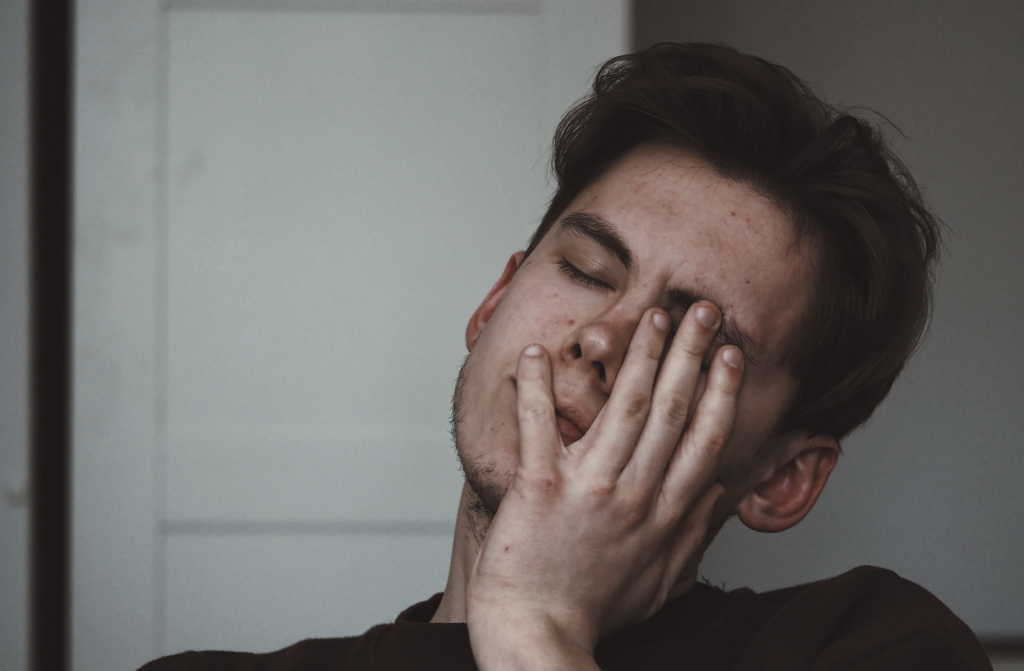This is the second in a series of three blog posts on burnout in college students. We visited the counseling center, talked with students, and used personal experiences.
by ANNELISE MILLER, CSU Communications Student Staff Writer
If you are burnt out, you are not alone. Especially now around Finals Week, many students are experiencing burnout. Luckily, that also means there are resources to help cope and combat.
Around Finals Week, the CSU hosts multiple little “StressBusters” events. They range from the annual Late Night Breakfast 10-minute massages to therapy dogs. Paws for People, a therapy dog nonprofit organization, reports multiple benefits to therapy dogs in schools:
- Low blood pressure and stress levels
- Increased levels of dopamine and serotonin
- Improved physical well-being
- Decreased anxiety
- Uplifting moods
Be on the lookout for therapy dogs and other CSU StressBuster events during Finals Week. Sometimes, just a break for yourself can go a long way.
Student Carly also benefits from breaks while feeling burnt out. “I like to go for walks and watch Youtube to destress, or spend time with friends.” Exercise has lots of mental health benefits. If the weather is permitting, a quick walk can clear your head. Another unnamed student likes to take time to sit and do nothing when feeling burnt out.
‘When we are stressed and feel like we don’t have enough time, it’s usually sleeping, eating, and movement that we sacrifice first. But those are fundamental to our health and well-being.’
Dr. Kimberly Suommers, Counseling Center
Asked how to cope with burnout, Dr. Kimberly Sommers from the Counseling Center says, “It’s a buzzword – but it is self-care. Self-care can look different for everyone but it ultimately comes down to eating not too much, not too little; sleeping not too much, not too little; and moving not too much, not too little. When we are stressed and feel like we don’t have enough time, it’s usually sleeping, eating, and movement that we sacrifice first. But those are fundamental to our health and well-being. Combatting burnout starts early by doing things that make you feel better and more well.”
Sometimes small actions aren’t enough. If burnout is getting severe or chronic, something like a walk might make you feel better for a bit, but you will likely go back to feeling burnt out pretty quick. If this is your case, do not worry. There are lots of on and off-campus resources available to help.
One of these resources is the campus Counseling Center. “The Counseling Center provides a range of mental health services, from individual and group counseling to referrals. Services are free, comfortable, and confidential; the Counseling Center is here to help students navigate any difficulties going on personally, socially, or in school” according to Counseling Center website.
The Counseling Center offers a wide range of resources, and if you are struggling, should not be overlooked. If you aren’t sure where to start, head over for a drop in screening appointment. At this appointment you will create a personalized care plan. All undergraduate and graduate students are eligible to receive services. The Counseling Center also has a convenient list of resources, including things such as campus support. Have more questions? Check here.
If burnout is affecting you, take some deep breaths, and know that help is possible.

